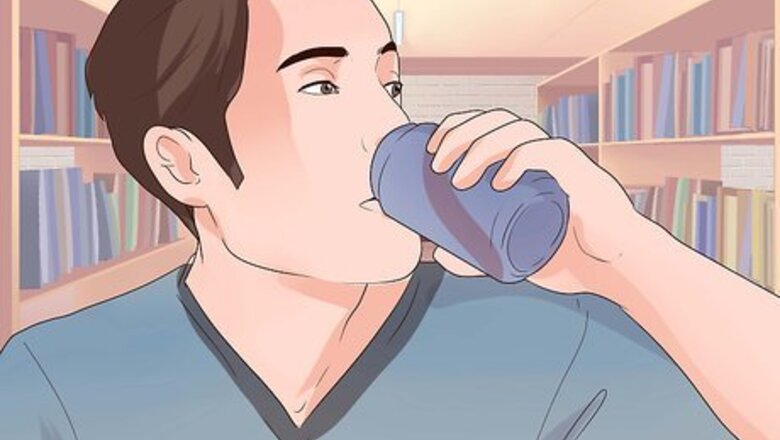
views
- Drinking fizzy beverages, eating dry foods without drinking, drinking alcohol, and eating spicy foods are all common ways to get hiccups while eating.
- Swallowing mouthfuls of air, forcing a burp, experiencing sudden temperature changes or changes in emotion may also cause hiccups.
- Hiccups might also stem from bowel issues, respiratory conditions, or certain brain injuries.
Eating or Drinking
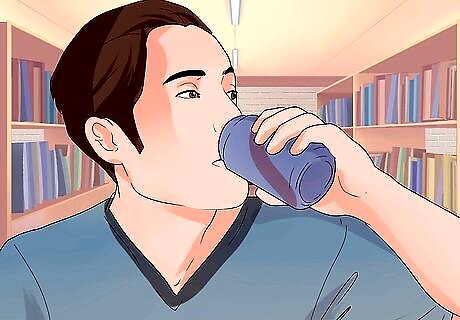
Drink something fizzy. Sparkling water, soda, and other carbonated beverages can all cause hiccups. Drinking quickly might increase the odds when consuming this sort of beverage.
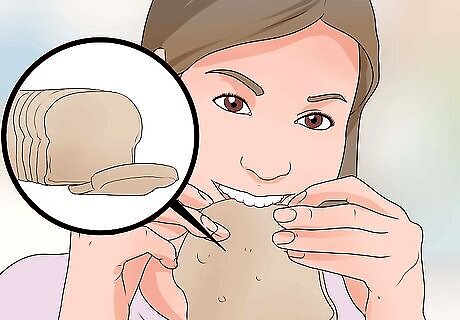
Eat dry food without drinking. Eating something dry such as bread or crackers quickly without anything to drink might cause hiccups as well. The shift in liquid balance may disrupt your diaphragm.
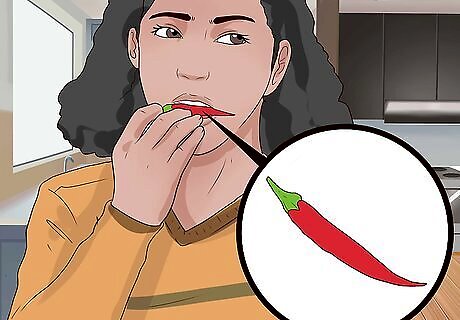
Eat spicy food. Eating food spicier than you're used to could irritate the nerves around your throat and stomach, which can cause hiccups. Eating food spicier than you can handle can also upset your stomach. This doesn't happen to everyone.
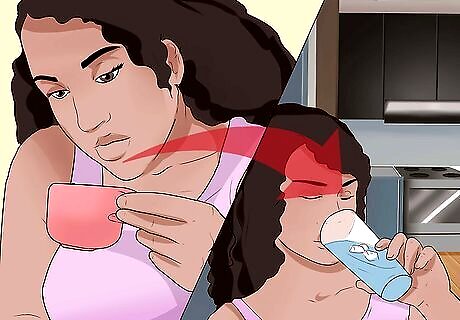
Alternate your beverage's temperature. Sudden temperature changes in the stomach sometimes cause hiccups. This can happen if you drink a hot drink, then follow it with an icy one. The same results will work with hot and cold foods eaten in rapid succession. Permanent tooth damage is a possibility as the enamel on your tooth can fracture. Do not make a habit of this activity, and never try it if you have porcelain tooth implants, or if your teeth feel painful or sensitive to heat or cold.

Drink excessive amounts of alcohol. Being intoxicated is classically linked to having hiccups. The older cartoons would often portray a drunk character fumbling over words with hiccups sprouting out.
Getting Hiccups from Other Ways
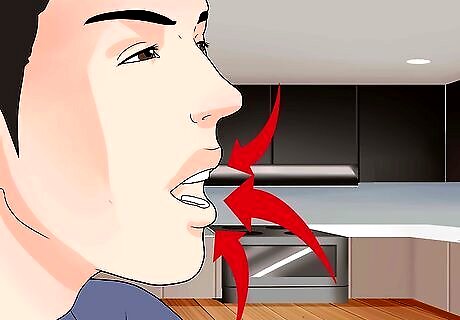
Swallow a large mouthful of air. Suck in a mouthful of air, close your mouth, and swallow. This is one of the only methods successfully used by a research team, who believe that hiccups might be a reaction to dislodge large pieces of food from the esophagus. You could simulate this by chewing and swallowing a moderately large mouthful of bread. Trying this with other foods, especially large amounts, is not recommended, due to the risk of choking. Trying this too many times is likely to lead to an unpleasant, bloated sensation.
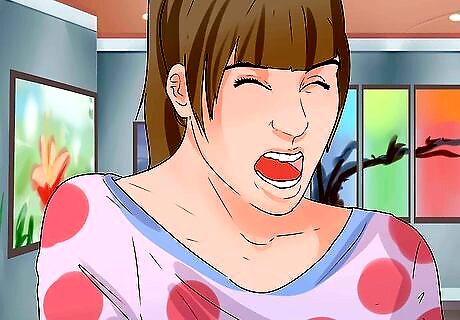
Force yourself to burp. Some people who burp on command repeatedly will induce a hiccuping fit.The same effect can be achieved by sucking in air rapidly to the back of your throat. Avoid overstimulating your glottis, or the flap at the back of your throat, by closing and reopening it rapidly. This is the same motion that occurs when you hiccup, so stimulating it intentionally may trigger hiccups. Your glottis is active when you say "uh oh." Be aware of straining it from burping or screaming as a form of singing. Understanding where your glottis is and when it is stimulated will reduce your chances of straining it.
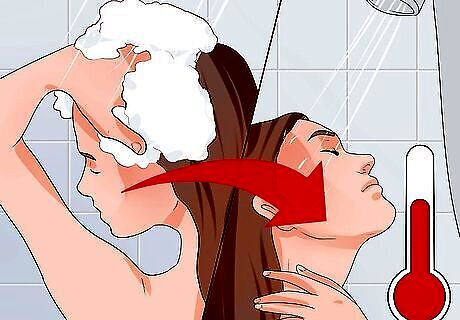
Take a shower with an abrupt temperature change. Sudden temperature changes may stimulate certain nerves that can trigger a hiccuping session. It is the same technique mentioned earlier about eating or drinking foods that contrast in temperature. Temperature change can also cause hives or swollen skin.
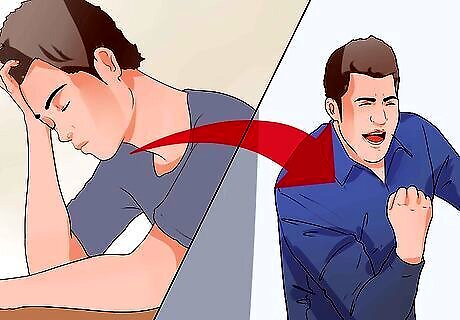
Trigger sudden emotions. Nervousness and excitement are likely emotions that will trigger hiccups. This is probably the least reliable method since most people hiccup only occasionally despite daily mood shifts. Still, if there is a movie, video game, sport, or other activity that makes you excited, scared, or nervous, be aware that it may induce the hiccups.
Linking Hiccups to Medical Causes
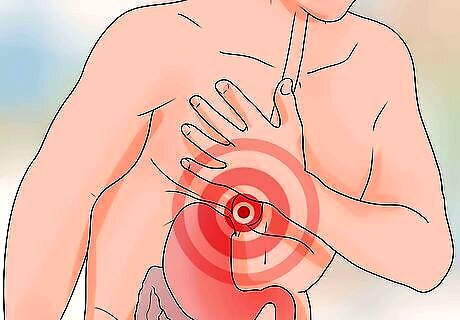
Hiccup from bowel issues. Many types of gastrointestinal conditions like inflammatory bowel disease, a bowel obstruction, or gastro-esophageal reflux disease can cause hiccups. These types of diseases can be caused by a lack of fiber, lack of exercise, travel, consuming excess dairy, stress, and pregnancy.

Start hiccuping from a respiratory condition. These conditions include pleurisy, pneumonia, and asthma. Strain on the respiratory system affects your diaphragm which causes hiccups. Respiratory conditions can stem from multiple sources like: Genetics Inhaling toxic agents (cigarettes, oil fumes, etc.) Accidents
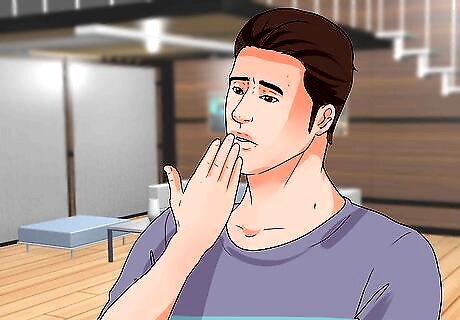
Develop hiccups from the brain. Traumatic brain injuries, brain tumors, and strokes can all cause hiccups. Hiccups can even arise from the internal, psychological brain due to grief, excitement, anxiety, stress, hysterical behavior, and shock. While psychogenic hiccups are rare, they occur in both children and adults.















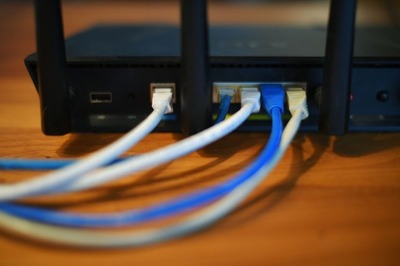



Comments
0 comment